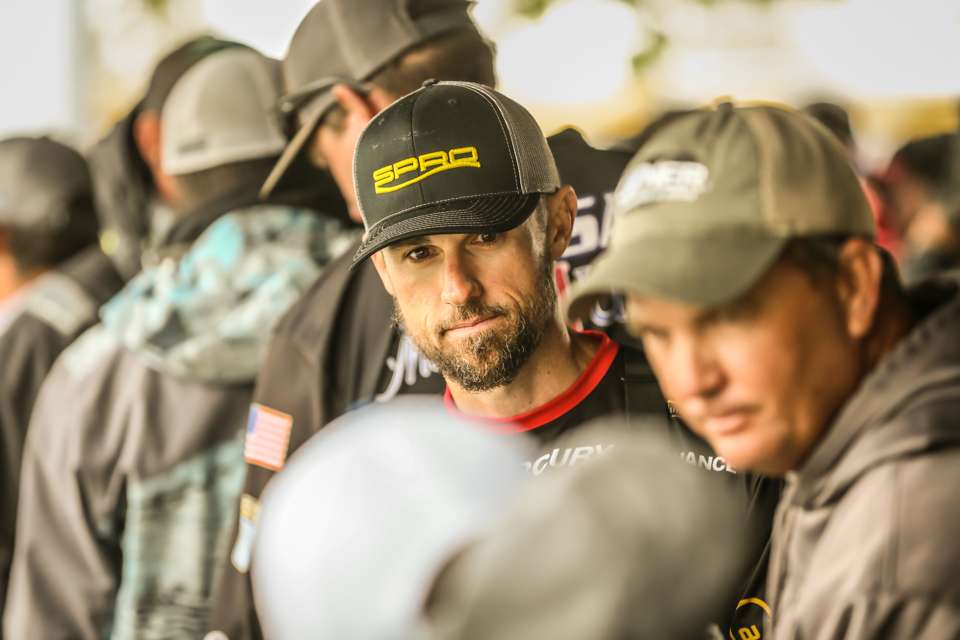
A few weeks ago, I wrote in this space about how B.A.S.S. built a “winning culture” in this year of monumental change for the bass fishing ecosystem. That was before I’d even heard of, let alone read What You Do is Who You Are, a recent book by Silicon Valley venture capitalist Ben Horowitz.
In some respects, I wish I’d read that book prior to writing the column because it helped me to crystallize why I thought the Bassmaster Elite Series was so compelling and successful in 2019. On the other hand, reading it allowed me this opportunity to call out two anglers who embodied that culture shift.
It’s a business cliché, Horowitz wrote, to say that “culture is the most important thing,” but few of us can define what culture is. We can’t easily differentiate it from perks, values or a CEO’s priorities. Even when we can define it, no one culture is a good fit for all organizations. What works for Amazon might be the exact opposite of why Apple has succeeded.
Without giving away too much of the book, Horowitz concludes through numerous illustrative examples that, “Who you are is not the values you list on the wall. It’s not what you say at an all-hands. It’s not your marketing campaign. It’s not even what you believe. It’s what you do. What you do is who you are.”
Distilling it down to those terms helped me realize more about a few of the reasons that this year was so great. In particular I want to discuss two anglers who had the best seasons of their careers: Mark Menendez and John Crews.
Those two would probably dispute that this was either of their best years. Neither won a tournament. They both made the 2020 Bassmaster Classic, but at 23rd and 24th in the final standings neither was a threat to win Toyota Bassmaster Angler of the Year.
What they did, however, was assume roles that put the sport and the tour ahead of themselves. That started, as far as I could tell, at the angler meetings in Birmingham last December. I walked in and didn’t recognize many of the faces. Crews might not have recognized all of them either. That didn’t stop him from giving a rousing speech – heavy on facts, light on hyperbole – to the assembled group. We all knew that he was a solid angler and businessman, but at just 40 years old (he turned 41 in June), he voluntarily assumed the status of elder statesman.
I’m old enough to remember when Crews was a fresh-faced, 22-year-old newbie kicking butt in the old Eastern Opens, so it’s hard for me to think of him as “old,” but maturity is not a number so much as a state of mind. Crews stepped into a void without being asked and set a tone from the beginning. That continued throughout the year as he and Chris Zaldain “adopted” Ed Loughran, who even though he’s older than both of them, was nevertheless a rookie.
At 55, Menendez is a little bit older than Crews, but again I can remember him as a young gun catching a 13 pound, 9 ounce monster in a Megabucks event. I remember the monster bag he caught for his first win the following year at Pickwick/Wilson. In the ensuing two decades, he’s undergone some hardship, and experienced some success along the way. He’d have every reason to revert into his shell, put on blinders, and just do his job. Nevertheless, he’s repeatedly gone out of his way to mentor younger anglers.
This year Menendez kept that going but also worked hard to combat Asian Carp through testimony, education and grassroots efforts. Yes, he has a vested interest in seeing Kentucky Lake get back to its glory days, but so do many other pros and none stepped up like Menendez. He didn’t ask for credit, just for respect.
Every athlete, in every sport, has to consider whether there’s a phase two to his or her career. When you lose your fastball, do you learn to throw off-speed pitches? When you’re no longer the backup quarterback, but rather a 10 year veteran, how does that impact your role in the locker room, in front of the media or at the bargaining table? The problem with mentoring the next generation is that while it benefits the professionalism of the tour as a whole, those guys you’re teaching are there to take your job. Brett Favre knew it, and it’s why he was reportedly so rough on Aaron Rodgers. Wally Pipp didn’t know it, and while Lou Gehrig made the Hall of Fame, Pipp got splinters from sitting on the bench the rest of his career.
Fishing has a longer timetable than most other sports – albeit one with no long-term contracts – so there’s no shifting an aging outfielder to first base, or an immobile first baseman to designated hitter. You’re either in or your out. That lack of urgency allows for long careers, but doesn’t necessarily dictate when an angler should move to the next stage of his career. The true greats are the ones who perform on the playing field but also manage to accept a changing role, embrace it and lead by example.
Surely there were other vets who mentored and counseled behind the scenes this year. They were under no obligation to do so, and you can’t fault anyone who just focused on the job in front of them, but Crews and Menendez took it to the next level – without fear of retribution, ridicule or falling behind – and for that they deserve a lot of credit.

